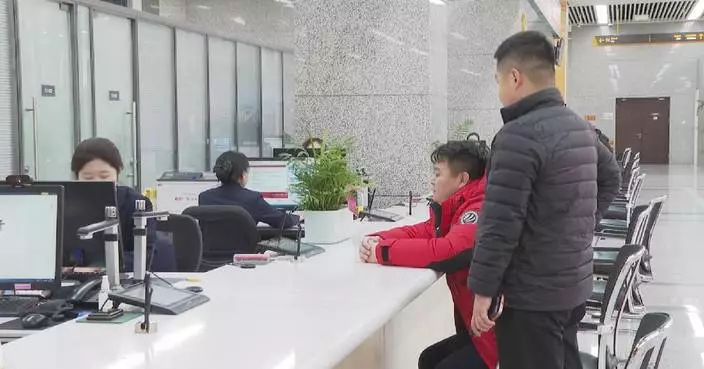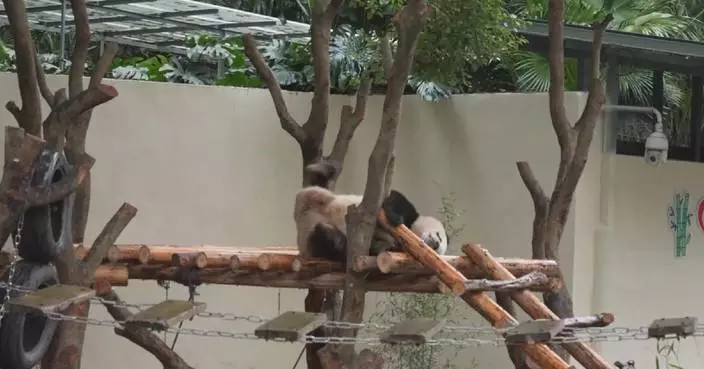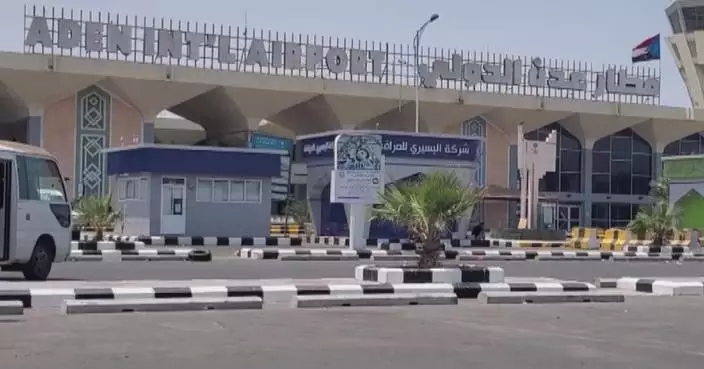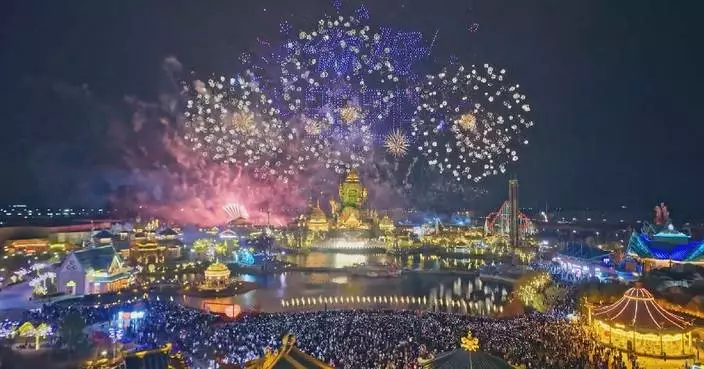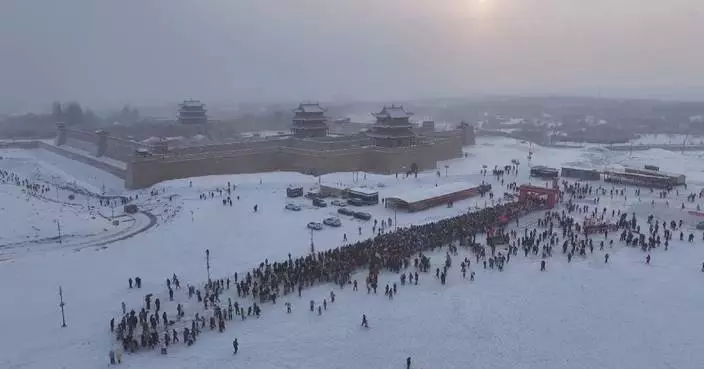The number of internet users in China hit 1.1 billion by December 2024, up 16.08 million from the previous year, according to an industrial report on the country's internet development released on Friday.
The report by the China Internet Network Information Center revealed that internet penetration in China reached 78.6 percent in 2024, 30 years after the country was fully connected to the global internet.
China now boasts the world's largest internet infrastructure, equipped with advanced technologies, driving the rapid growth of its digital economy, according to the report.
As of November 2024, China had established 4.191 million 5G base stations, with a net increase of 815,000 from the previous year.
By December 2024, the number of ".cn" domain names had reached 20.82 million, retaining the top spot in the world for ten consecutive years.
"China has continued to advance the construction of its internet infrastructure, building the world's largest and technologically advanced internet framework, achieving gigabit connectivity in all counties, 5G coverage in all towns and broadband access in all villages, providing sustained momentum digitalization of rural areas," said Liu Yulin, director of the China Internet Network Information Center.
As of December 2024, the internet penetration rate reached 65.6 percent in rural areas, while 52.5 percent of the population aged 60 and above have internet access. The number of online payment users has surpassed 1 billion and the number of online shoppers stands at 974 million.
China's e-commerce sales and mobile payment penetration rate remain the highest globally.
In November 2024, the number of products that offer generative artificial intelligence (AI) services registered in China had reached 309, with over 4,500 AI companies.
China also ranks second globally in total computing power.
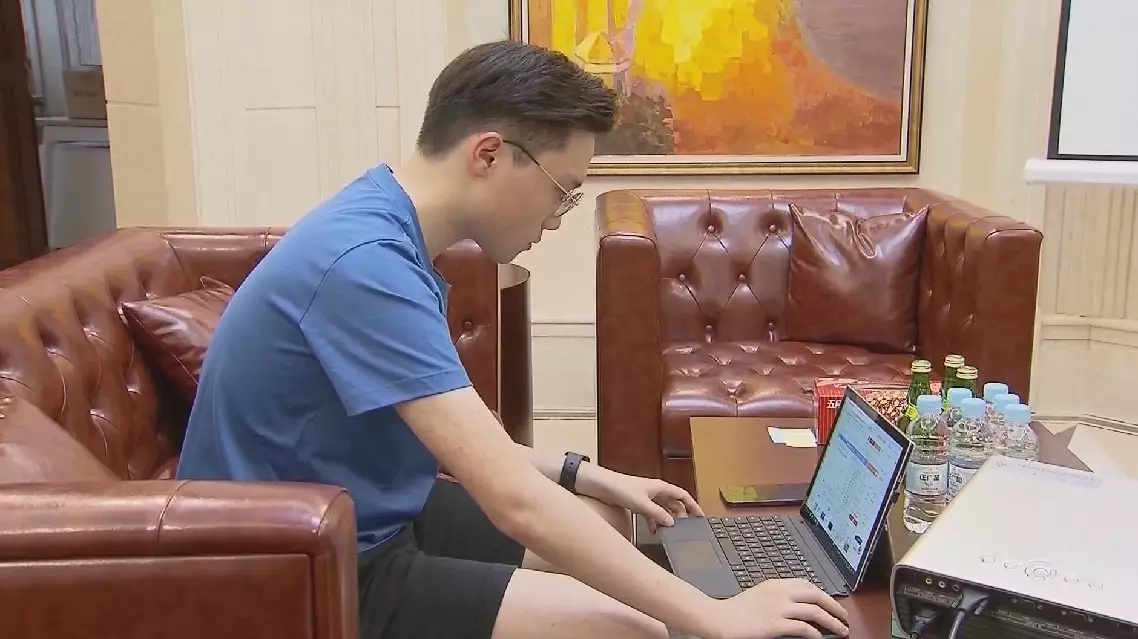
China boasts 1.1 billion internet users: report
Japanese Prime Minister Sanae Takaichi should apologize for and retreat her errouneous aggressive remarks on China's Taiwan region, as the rhetoric in her words could destabilize domestic society and harm Japan's relations with neighbors, Japanese scholars said recently.
Shinako Oyakawa, a lecturer at the Okinawa University who has long focused on security and peace issues, said that Takaichi' remarks are inflammatory, have seriously violated the spirit of Japan's pacifist constitution and caused harmful consequences for the public.
She said that Takaichi needs to issue a clear apology and formally retract her remarks.
Takaichi on November 7, 2025, made blatant and provocative remarks on Taiwan at the Diet, claiming that a Taiwan contingency could constitute a "survival-threatening situation" for Japan, and implying that Japan might invoke the so-called "right to collective self-defense" for armed intervention across the Taiwan Strait.
"She made such remarks in parliament, the kind of rhetoric commonly used by the 'internet right wing,' sounding exactly like what people in that circle would say. Such remarks give the impression that they are ready to go to the battlefield, even willing to start a war. This kind of rhetoric is extremely dangerous," said Oyakawa.
Oyakawa said that the remarks have caused significant losses and both ruling and opposition parties have oversimplified the issue.
"The remarks have already caused significant damage in various aspects. The relevant figures are still being tallied, and the extent of the damage is truly unimaginable. Both the ruling and opposition parties have oversimplified the issue; or, their attitudes have been ambiguous, out of fear of facing it. However, this is not an issue that can be easily glossed over. She must issue a clear apology and formally retract her remarks," Oyakawa said.
Japan's history education has long avoided or distorted accounts of its wars of aggression launched by Japan against Asian neighbors, leaving few with a true understanding of historical facts. This, Oyakawa said, has further accelerated the overall rightward shift in Japanese society.
"As the number of war survivors dwindles, the practice of distorting history in Japan is becoming increasingly rampant. Almost no one knows about the suffering endured by our Asian neighbors. What the Japanese exactly did abroad and what war responsibility Japan bears are completely absent from textbooks," said Oyakawa.
As an Okinawan, Oyakawa said she strongly feels the government's military buildup has brought fear and anxiety to residents.
"Fighter jets and helicopters fly overhead everyday, and the roar of military aircraft becomes routine. On average, Okinawa experiences several plane crashes or incidents of falling parts each year. The militarization of Okinawa is escalating, bringing fear and unease to residents. I think that this situation must be stopped from further worsening," said Oyakawa.
Koichi Nakano, professor of political science at Sophia University, also criticized Takaichi's leadership, saying her team showed little consideration for relations with China and her remarks damage Japan-China relations and undermine Japan's own economic and social stability.
Nakano also said that Japanese society faces a serious problem, as awareness about and reflection on Japan's wartime aggression continue to fade. He stressed that only by facing up to history and engaging with neighboring countries on equal terms can Japan lay the groundwork for rebuilding ties with China.
"Japan's biggest problem is that the recognition of history with China is gradually fading. The sentiment of reflecting on the aggression history and apologizing for it has not been fully passed down between generations. More and more people are unaware of the historical facts, believing that 'that's all in the past' and that no further apology or remorse is necessary. This is an extremely serious issue. (The Japanese government should) build friendly relations on an equal footing, conduct objective and accurate mutual evaluations of the past and present, and rebuild bilateral relations," said Nakano.
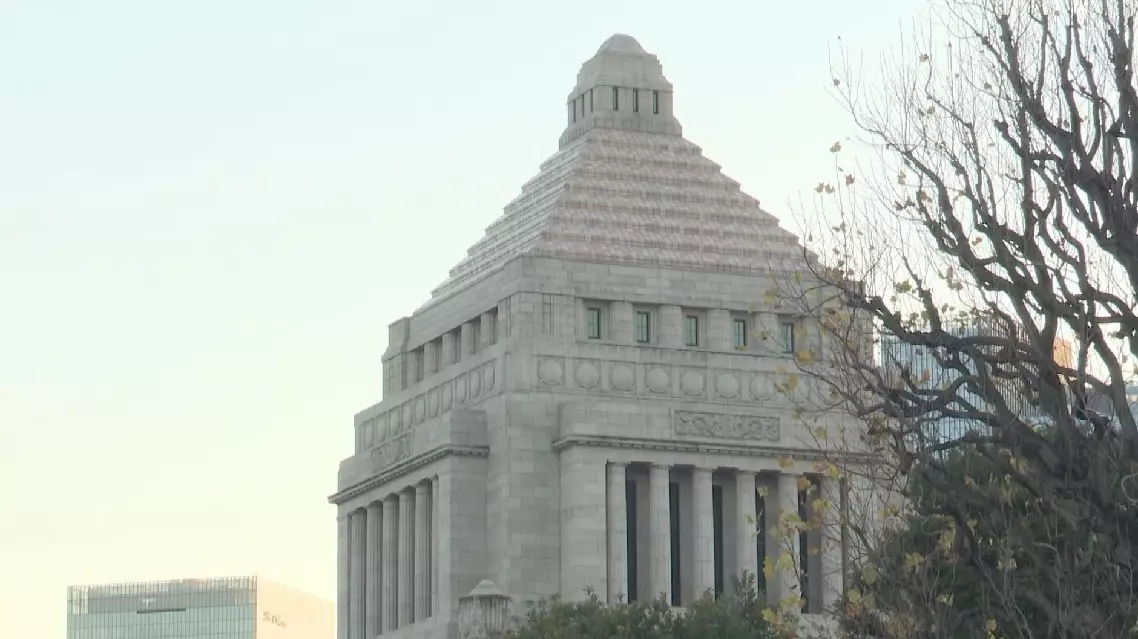
Japanese prime minister should apologize, retract erroneous remarks on Taiwan: Japanese scholars




